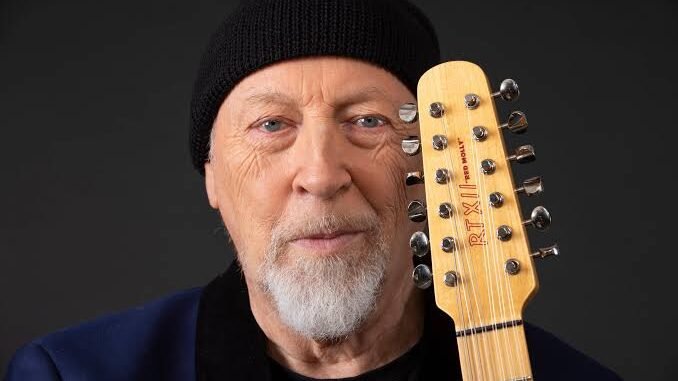
In 1972, Richard Thompson—already renowned for redefining British folk-rock with Fairport Convention—stepped into the unknown with a strange, brilliant, and utterly uncompromising solo debut: Henry the Human Fly. Though largely ignored at the time of its release, the album would go on to achieve cult status, revered for its daring originality and raw emotional weight.
Now, more than five decades later, Thompson is opening up about the eccentric inspiration behind the album that launched his solo career—and why he felt compelled to make it, even if no one else seemed ready to listen.
“Henry the Human Fly was me clearing the decks,” Thompson says. “It was full of songs that didn’t belong anywhere else. They were awkward, wounded, sometimes darkly funny. Just like the character of Henry himself—this hapless figure I imagined who keeps getting swatted down by life but never gives up.”
Henry, he explains, was less a person than a symbol—a twisted kind of everyman. “He’s grotesque and absurd, but also heroic in a way. We’ve all been Henry at some point: misunderstood, clumsy, out of place. He’s the human condition with wings taped on.”
The album pulses with that restless energy. Tracks like “The Angels Took My Racehorse Away” and “Nobody’s Wedding” defy convention, weaving biting satire and surreal imagery into folk-rooted melodies. It’s a sonic tapestry where English ballads dance with twisted Americana, and where traditional structures collide with irreverent experimentation.
“I was pulling from a thousand places—folk tales, music hall, country, punk before punk even had a name,” Thompson recalls. “It wasn’t clean. It wasn’t meant to be. It was honest.”
Yet for all its creative ambition, Henry the Human Fly was a commercial disaster—famously labeled one of Warner Bros.’ worst-selling records of the era. But Thompson never regretted making it.
“That album wasn’t about chart success. It was about planting a flag. Saying, ‘This is the kind of artist I am, whether you like it or not.’”
Today, Henry the Human Fly is widely regarded as a bold, genre-defying statement—an album that refused to play by the rules, and in doing so, earned its place in the pantheon of essential folk-rock records.
“It was a misfit record,” Thompson says with a smile. “But it had a pulse. It breathed. And most importantly, it told the truth.”
Leave a Reply